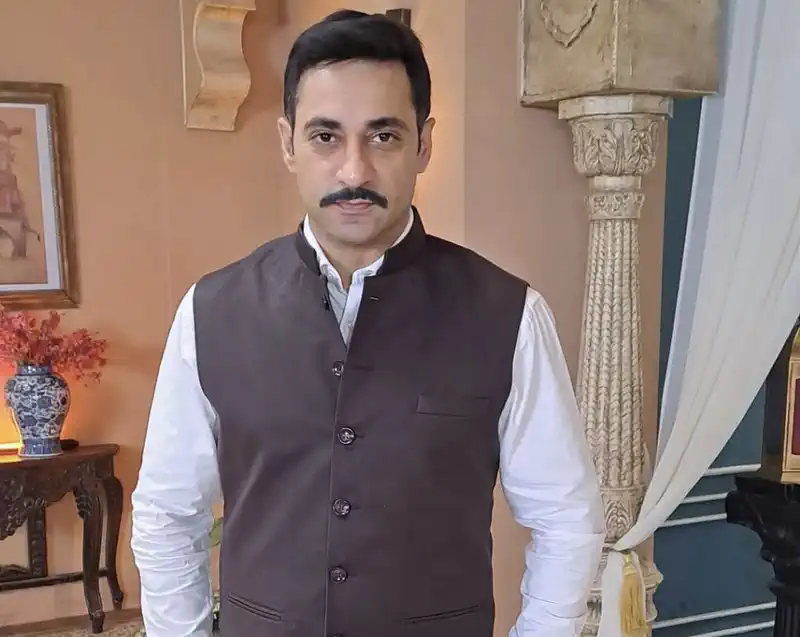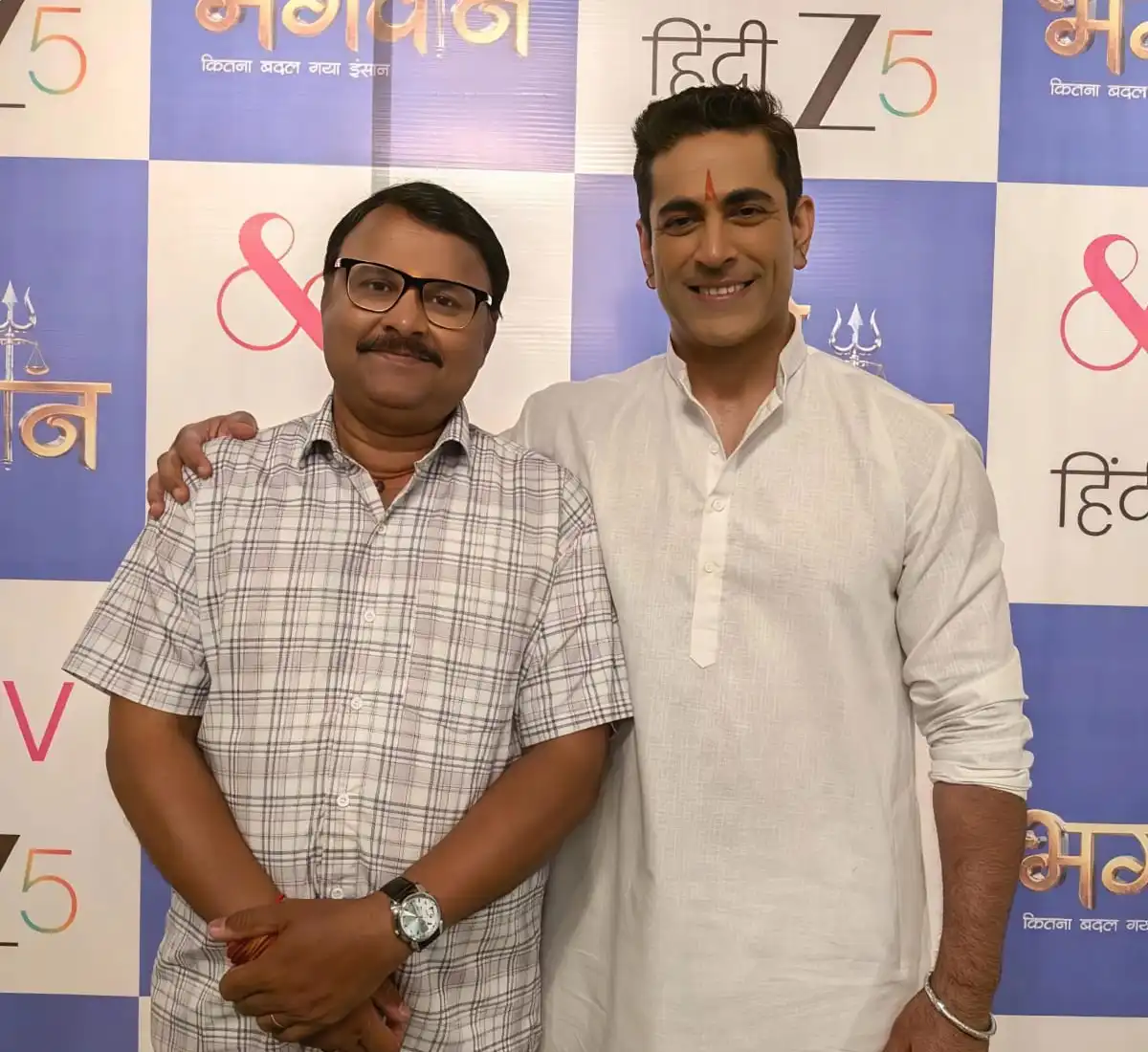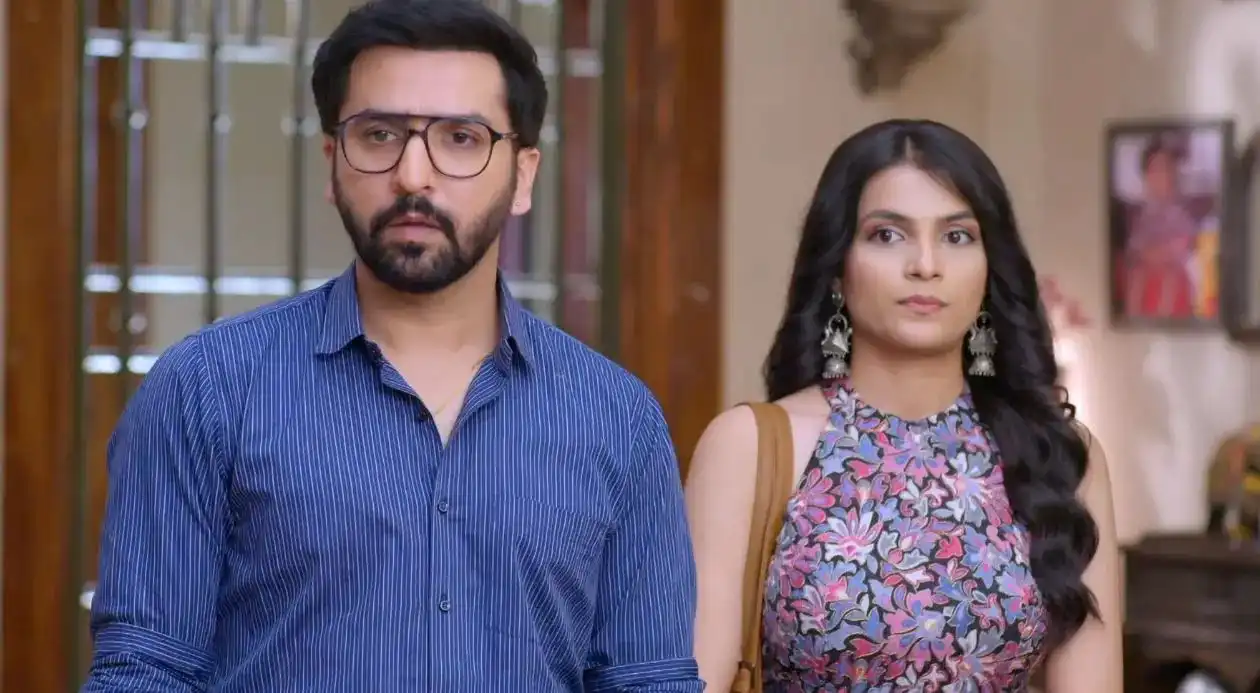Pankaj Bhatia, who is seen as Kamal in Prateek Sharma and Parth Shah’s Pukaar: Dil Se Dil Tak, which is produced under their banner, LSD Studios, believes that television makes an actor seen more often, but that doesn’t mean they will become popular. He feels it’s a myth that actors become popular overnight.
He said, “Television certainly provides visibility, but I want to clarify that it doesn’t necessarily guarantee instant popularity for actors. While it may appear that actors become popular overnight, the reality is different. Actors work hard, struggle, and often go through many rejections before they get noticed. They don’t just walk into someone’s office and immediately get work. True instant popularity might be perceived from the audience’s perspective, where a character becomes widely recognized very quickly.”
“However, there’s no such thing as overnight fame or instant popularity for actors themselves. For instance, consider a mango that’s in season. Just because it is a seasonal fruit, people eat it during that period, but that doesn’t mean it remains in demand forever. Similarly, actors must continually adapt and experiment with their roles to maintain their relevance,” he added.
Talking about himself, he said that as a character artist, he plays various roles, each distinct from the other. Like in Bani-Ishq Ka Kalma, his character was different from Yeh Hai Mohabbatein, Havan, and Saavi Ki Sawari. He added, “Now, in Pukaar: Dil Se Dil Tak, I’m playing a serious character. Every role is different, and this constant change is important for an actor’s growth and popularity. An actor needs to keep experimenting and changing roles to stay relevant and interesting.”
Pankaj also stressed that maintaining success is challenging, especially in a competitive industry like the performing arts. He said, “It’s all about who performs well and has the best content, as they will attract the viewership.”
“For me, success isn’t just a destination but a continuous journey. Each day, striving for improvement and learning from mistakes is what drives me. When I get a script, I consider the mistakes made and think about how the director wants it performed. This daily pursuit of excellence is my true measure of success,” he shared.




